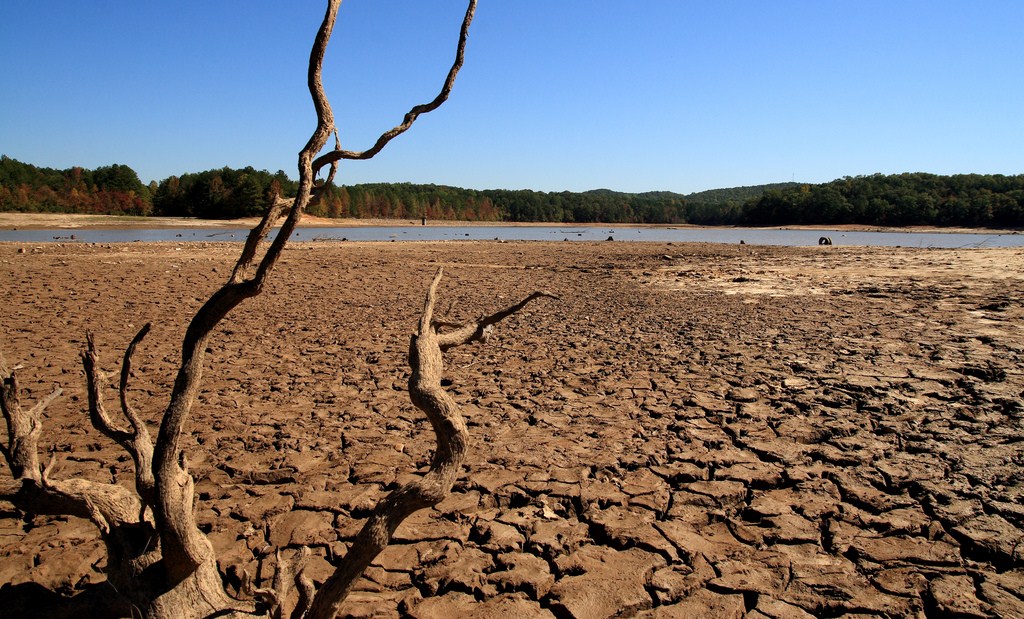26 July 2018
Too Hot To Handle
Weather and warming.
By Robert Kilconner
Those readers who are fluent in ancient Samarian will recall that in that language the verb “to be hot” is an irregular one both as to form and as to meaning. For the benefit of those whose education was focused on the sciences, the present tense is conjugated as follows:
I am boiling
You are hot (only to be used when appropriate)
He/she is hoity-toity (ie from one of the warmer and grander provinces in the south)
We are getting warmer (detective fiction)
You are getting too heated (argumentative)
They are sitting in boiling oil and I know because I put them there (obsolete within M25).
With this sort of flexibility it is no wonder that the Samarians were fascinated by the concept of heat, a fascination which has been handed down to the modern world.
“Will it ever rain again?” That is the question we are asking ourselves at the moment. It is not a new question, not even new to me. 1976 was an extraordinarily hot year and, global warming having only just been invented, we thought it might be something which came on you suddenly like the mumps and began to wonder if somehow the skies had dried up for good. I remember standing in a village street with my mother talking to a Welsh friend of hers. He explained how it was all up with us because as far as he could see it would never rain again, the best plan being to drink up the 1961 clarets and wait for the end. Needless to say he had a few comments to make on the folly of mankind which had led to this and, being Welsh, he delivered them in fine and lengthy denunciatory style.
It was impressive stuff but, as I stood appalled, something caught my eye behind him. It was a little black cloud at that stage, no bigger than a man’s hand, and it was coming our way. As his eloquence thundered on, it – the cloud that is – got bigger. He got louder and it got bigger again. The light began to go slightly but he didn’t seem to notice and it was just when he was saying that the wickedness of mankind had persuaded the Almighty to kill the rain that the latter joined the conversation with a clap of thunder and a downpour which lasted for about a week. Perhaps then the best answer to the present drought would be for us all to go into the street and tell each other that the rain has gone forever.
That was thirty-two years ago and here we are again. This time, however, the extraordinarily hot weather is only part of extreme weather conditions, which seem to be occurring worldwide. Here the unseasonably hot summer follows an unseasonably cold winter. Fortunately, in Britain, “unseasonably” means just about bearable, but there are many countries where that is not the case and, as global warming bites, we are going to see refugees fleeing the elements to more moderate climes.
We have already seen the disruption which the flow of refugees from war in the Middle East has brought to our own country. It is not just a question of Brexit, one of whose catalysts was an increase in immigration, but also the lack of generosity it begets generally, the pulling up of drawbridges as the flow reaches a threatening level. Compared to the chaos which will follow Africa and southern Europe becoming uninhabitable, our political problems are trivial.
When the history of the world comes to be written, those who deal with the big picture will not talk much about Brexit, or even about wars in the Middle East or Afghanistan. They will focus on how we combated climate change and how we dealt with its consequences, for that is truly the great issue our time. In that context, the disengagement by the US from the Paris process is a disaster but it is only a symptom of greater failures. In the end, these are not problems which can be dealt with by nation states acting independently, and for international policy to be effective an element of national sovereignty will need to be surrendered to a body with very extensive powers.
It is unlikely to happen until impeding disaster becomes so obvious that everyone can see it, but at least we can start talking about it now, so let’s for a moment shut out the questions of day-to-day politics and take the advice of General Stanley’s daughters in the Pirates of Penzance:
“Let us shut our eyes and talk about the weather.”


